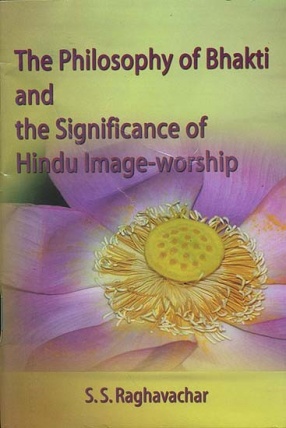
The Ramakrishna Mission Institute of Culture

29 books
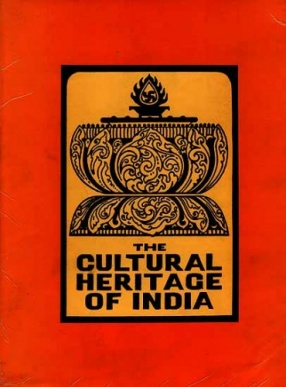
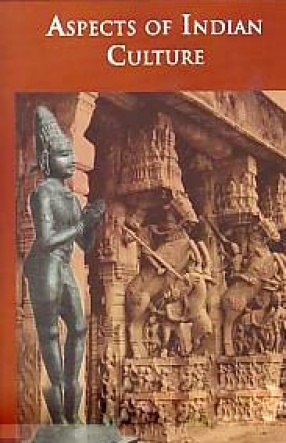
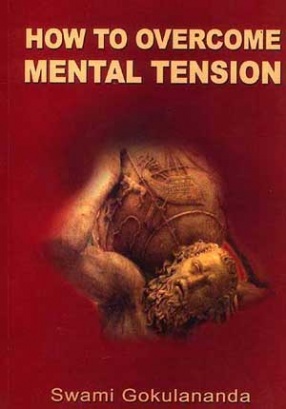
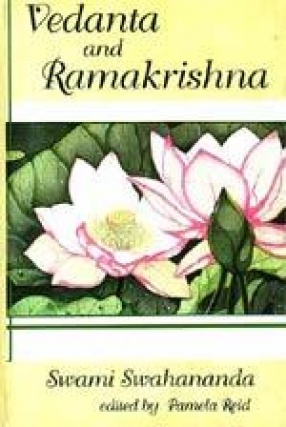
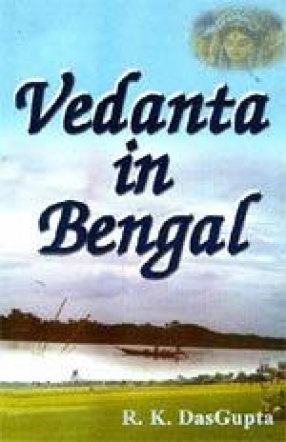
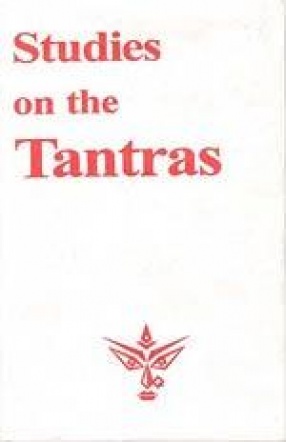
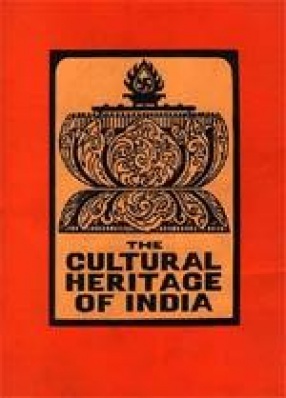

I am thankful for this opportunity accorded to me for delivering these lectures in this great Institute on so elevated a theme as bhakti. I am not sure that I will rise to the full requirement of my subject but I will endeavour devoutly to go as far as it lies in me. I have to receive consideration in view of the exacting dimensions of its scope.

The first historic work of the combined intelligence of all India giving a complete and connected story of her culture and civilization. It is a monument of Indian co-operative research in history, philosophy, religion, fine arts, exact sciences, economics, politics literature, and sociology.
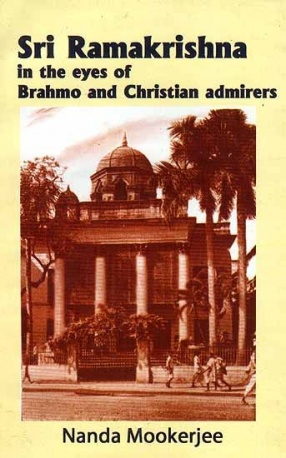
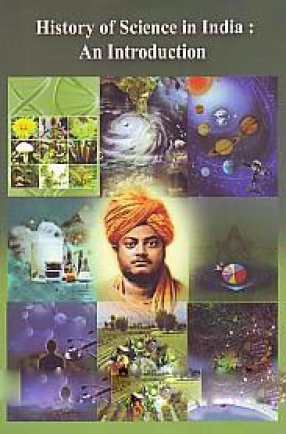

Based on the time-honoured Vedic writings, Indian culture inheres the spirit of tolerance. And accepts diversity as well. This diversity is not only about conceiving the divine, but also approaching it. This book -- occasioned by the 75th anniversary of the Institute of Culture -- gives a glimpse of the continuity of certain principles of Indian Vedic-based culture, the celebration of its diversity, and its openness for synthesis. Essentially a collection of 17 ...

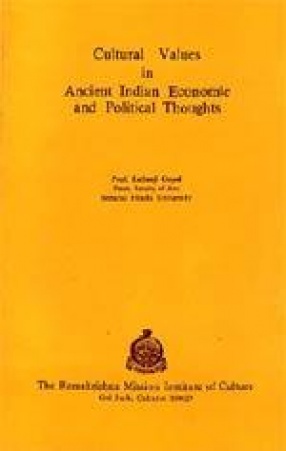
This assignment is both interesting and challenging. Though highly pertinent, the approach has not been applied seriously and systematically to Indian thought. Besides the novelty of the theme, I am conscious of the difficulties to be encountered and my own limitations in coping with them. There is an apparent inherent incompatibility involved in the theme. Both economics and politics are dismal disciplines. In economics there is a cutthroat competition and the ...

Swami Swahananda, a senior monk of the Ramakrishna Order of India, is the minister and spiritual leader of the Vedanta Society of Southern California. He joined the Ramakrishna Order in 1947 and received sannyasa, final vows, in 1956. After joining the order, he served in the Madras Math and, later, as editor of the Order's scholarly publication, the Vedanta Kesari. He came to the United states in 1968 as the Assistant Minister of the San Francisco Vedanta ...

Though Bengal is proud of having produced the great Vedantin Madhusudana Saraswati in the sixteenth century, Swami Vivekananda lamented in 1888. 'The Vedas may well be said to have fallen quite out of vogue .' And it was Swamiji's desire to revive the study of the Vedas and Vedanta in this part of the country. The present volume, Vedanta in Bengal, by Dr. R. K. DasGupta, is based on twelve thought-provoking lectures given by the author at the Ramakrishna Mission ...
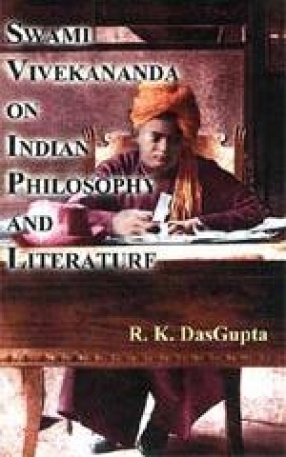
This volume contains its author's lectures at the Ramakrishna Mission Institute of Culture in his capacity as the Institute's Vivekananda Professor of Indology and Indological Research. The author deals with Swami Vivekananda's approach to four of our six systems of philosophy and his observations are based on Swamiji's references to them available in the eight volumes of his Complete Works. As a supplement to this material the author deals with Swami ...
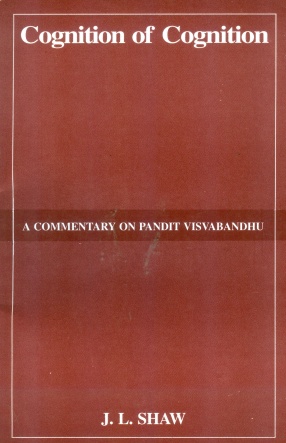
This book is not only a commentary on Pandit Visvabandhu articles on anuvyavasaya but also contains explanations of several concepts which are indispensable for understanding Indian philosophy, especially the Nyaya system. The book addresses the question: How do we cognize a cognition? In addition to a critical examination of 3 views on this subject, the book discusses other topics such as types of cognition, meaning, causality, perception, inference and ...
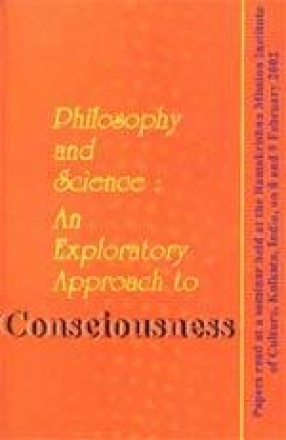
Consciousness is a particularly unified phenomenon which has of late drawn the attention of scholars of different disciplines all over world. But the opinions of these scholars are so varied that it is very difficult to have any kind of consensus though everyone, perhaps, feels the urgency of exploring this mystery. The institute presented an international seminar on the subject Philosophy and Science: an Exploratory Approach to Consciousness on 8th and 9th ...
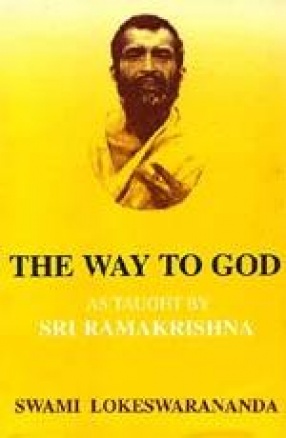
The Way to God: as Taught by Sri Ramakrishna is an exploration of Sri Ramakrishna's central teachings. Sri Ramakrishna's message to humanity is found in his words which were recorded by his disciple M., and later published in book form as the Sri Ramakrishna Kathamrita. This was later translated into English as the Gospel of Sri Ramakrishna. Swami Lokeswarananda's lucid commentary is informed by a wealth of information concerning Sri Ramakrishna, his disciples, ...
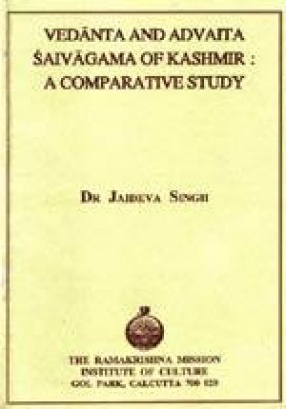

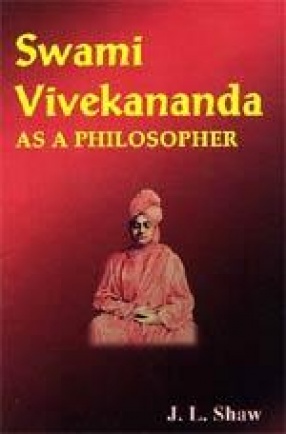
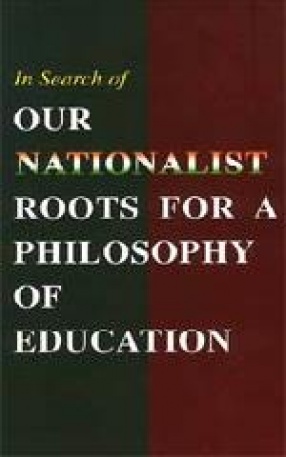
An introspection concerning our educational system creates a feeling that the enduring philosophical ideas passed on by our eminent thinkers call for a careful review. Re-linking ourselves with this valuable legacy will give us the sense of direction in moulding our educational outlook. The Institute arranged a day-long national seminar on 12 April 2003, on the subject of 'In Search of Our Nationalist Roots for a Philosophy of Education', in which eight ...

The Cultural Heritage of India, sponsored by the Ramakrishna Mission Institute of Culture, is at once a symbol of the renaissance of Hindu thought and ideals and a treasure-house of ancient lore. The whole range of Indian civilization and the variegated products of Hindu culture have been reviewed in its several volumes dealing with the religions, philosophies, literature, and the arts and sciences of India from the twilight past to the present day. The admitted ...
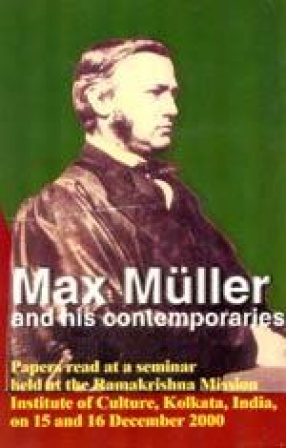
Max Muller and His Contemporaries is a collection of papers presented at an international seminar to commemorate the death centenary of the great German Indologist (1823-1900). The seminar was a part of the German Festival in India and was organized by the Ramakrishna Mission Institute of Culture in collaboration with the Governments of India and the Federal Republic of Germany. The purpose of the seminar was to appraise the current Indological situation and look ...
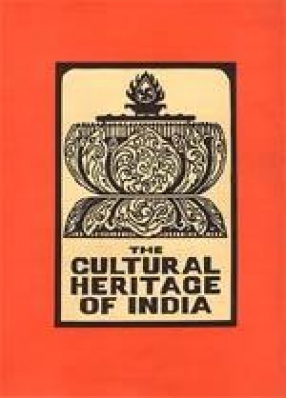
The Present volume tells the story of the attempts made by India down the ages to grapple with the fundamental problems of life and thought. Philosophy in India began with a quest after the highest truth-truth not as mere objective certitude, but as being closely linked with the development of personally and leading to the attainment of the highest freedom, bliss, and wisdom. It demanded, therefore, not only a philosophical discipline of reasoning, but also a ...
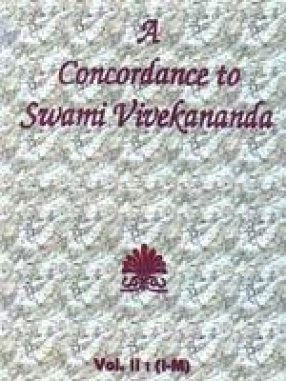
A Concordance to Swami Vivekananda is not simply a collection of quotations culled from the vast Vivekananda corpus. Rather, it is a useful guide that enables scholars and general readers to ascertain what Vivekananda said on different subjects and where those statements can be found. We often need this sort of ready reference for locating a quotation or for studying a particular issue in depth. We hope this Concordance will save those, who are eager to know ...
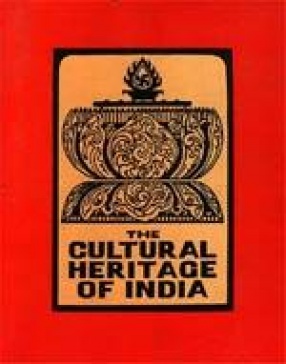
The Present Volume bears ample testimony to the great hospitality of the Indian mind in encouraging and inviting different points of view and different lines of approach to the great quest for the Ultimate Reality. It sketches the more important sects and living religions which India accepts as diverse expressions of religion itself. Hinduism in its various ramifications derived from a common stock is an exceedingly interesting and instructive subject to pursue. ...
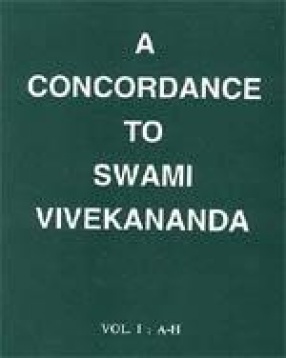
A Concordance to Swami Vivekananda is not simply a collection of quotations culled from the vast Vivekananda corpus. It is an effective guide that presents to scholars and general readers what Swamiji has to say on a particular subject and where that original statement can be found. Often we need this sort of ready reference, both for locating a saying and for the purpose of in-depth study and research. By serving this twin purpose this Concordance will save much ...
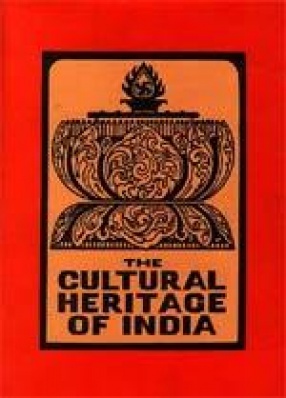
The Present volume attempts to make a systematic study of India's great literary heritage preserved in various languages of the country, old as well as modern. A perusal of the forty-nine articles in this volume enables one to appreciate the basic phenomenon that despite various diversities-geographical, political, ethnographical, and linguistic-the fundamental unity of India clearly shines forth, and India since time immemorial has formed a solid single unit not ...
